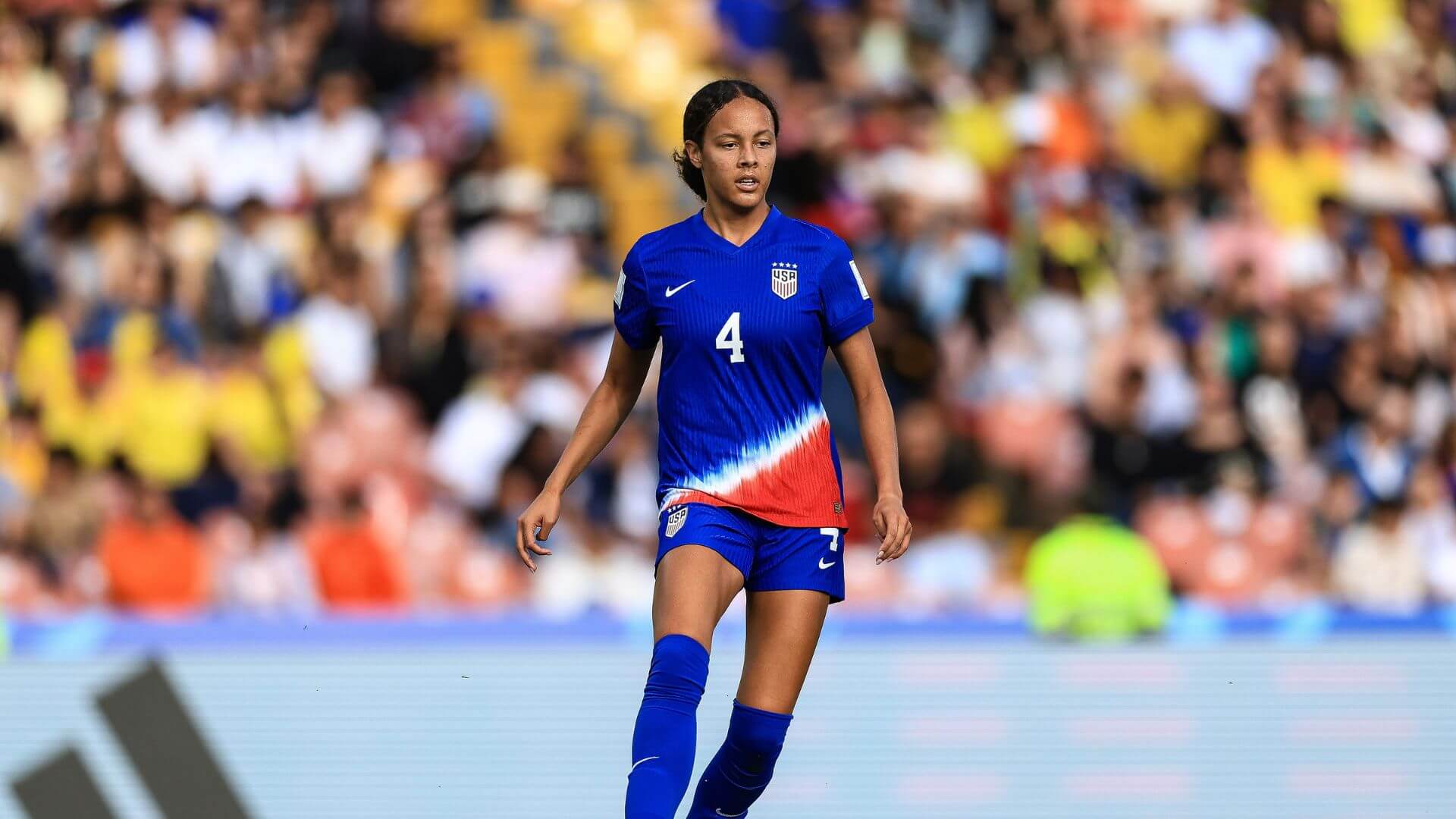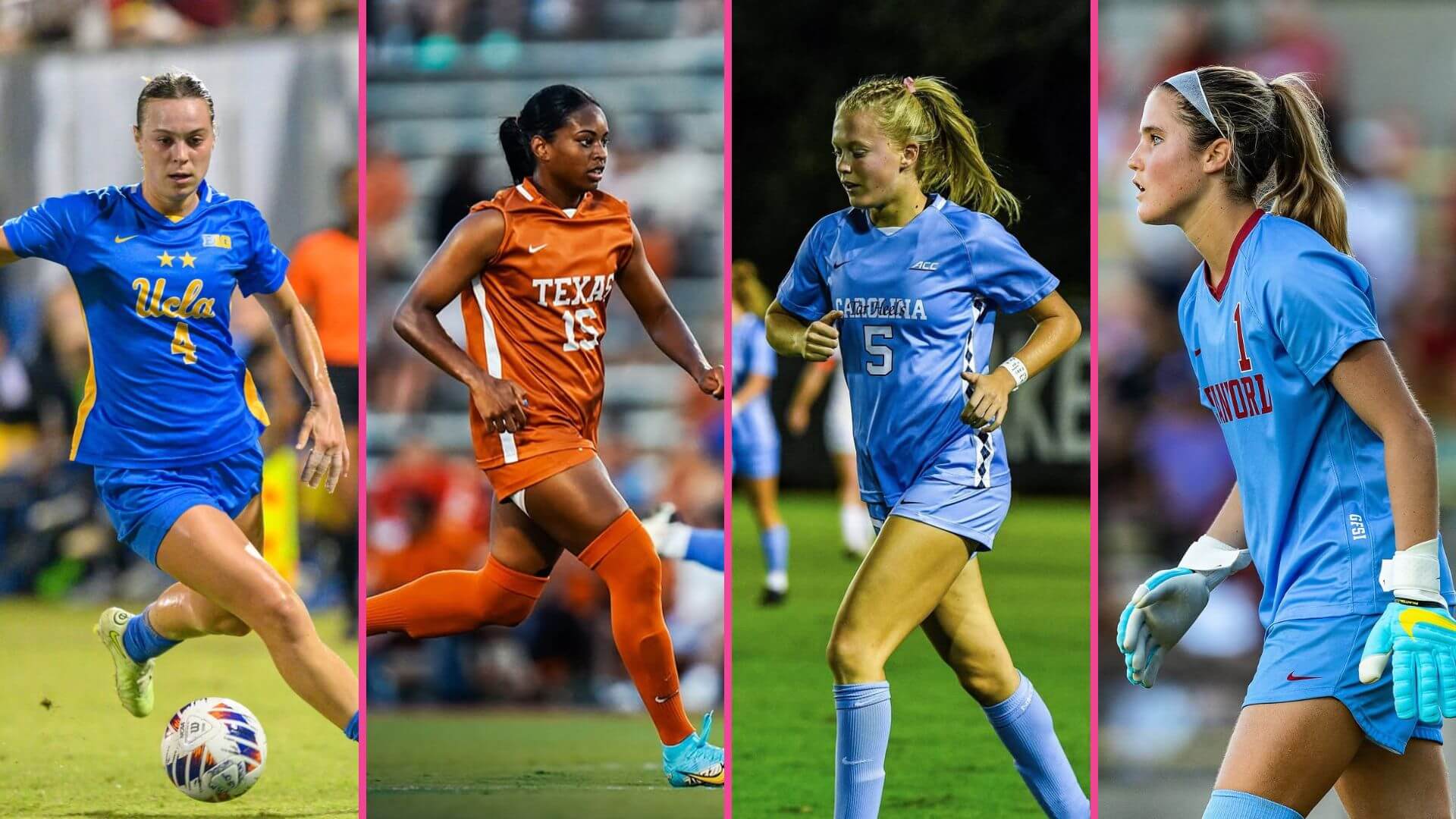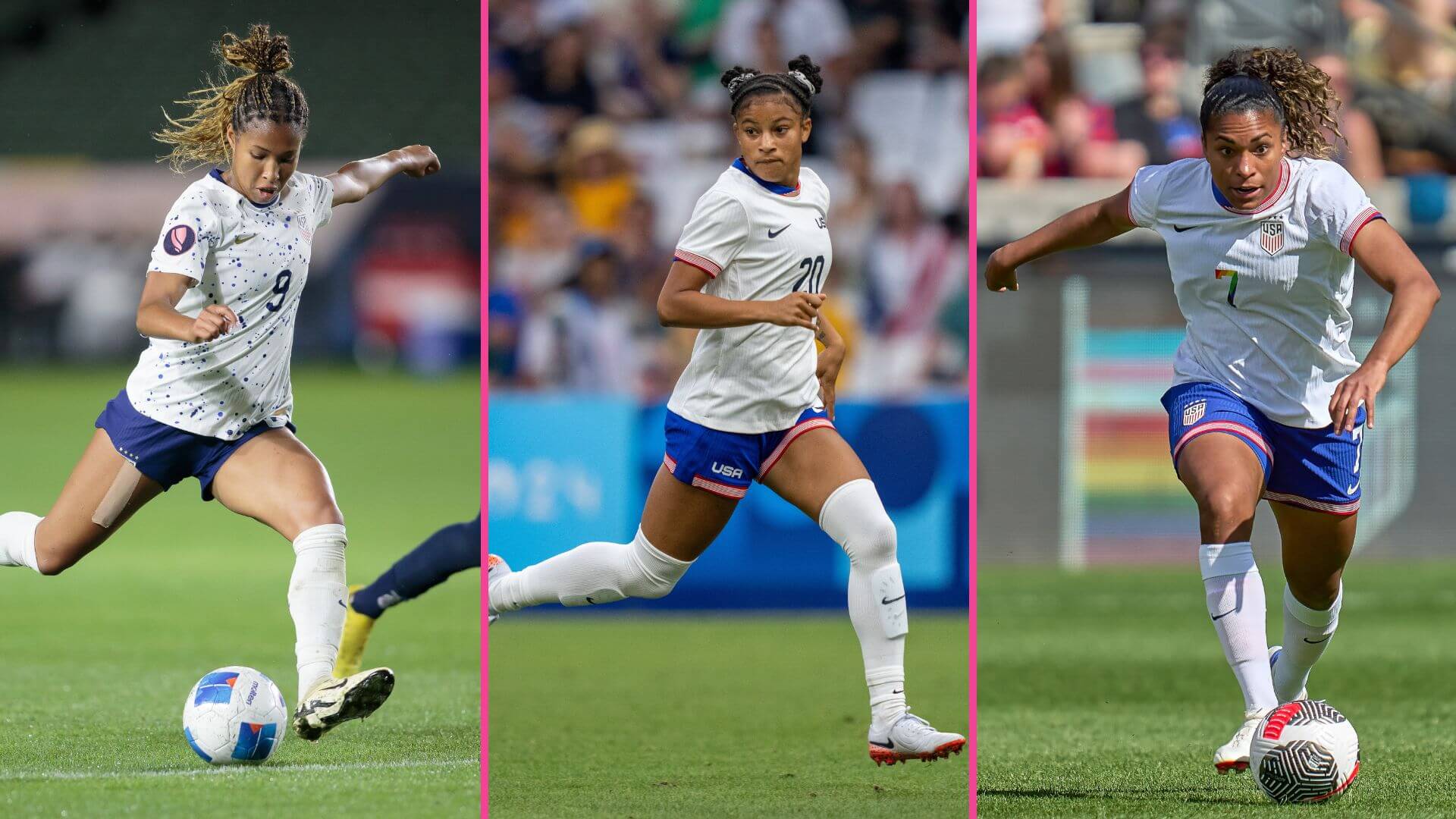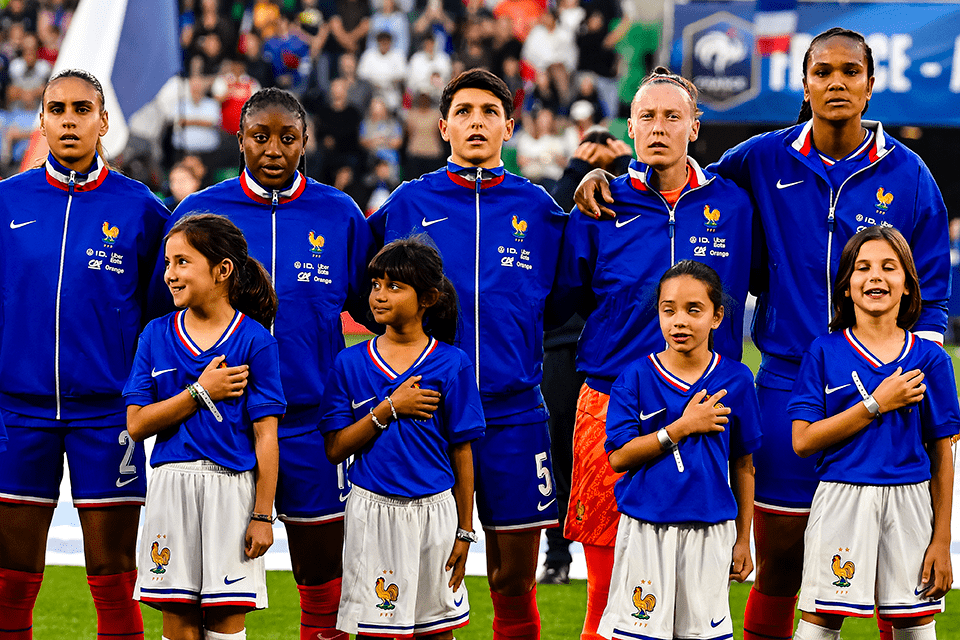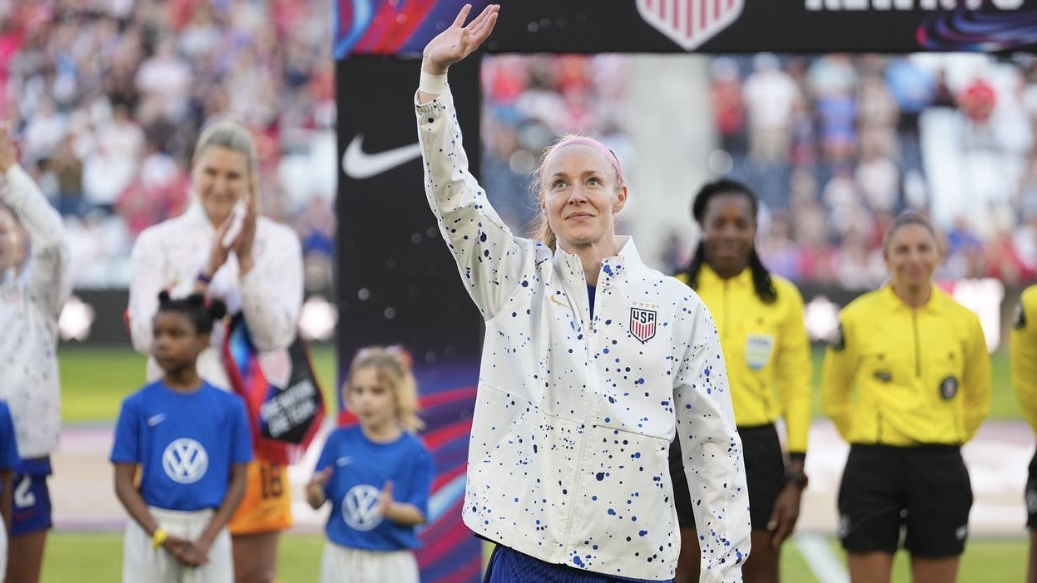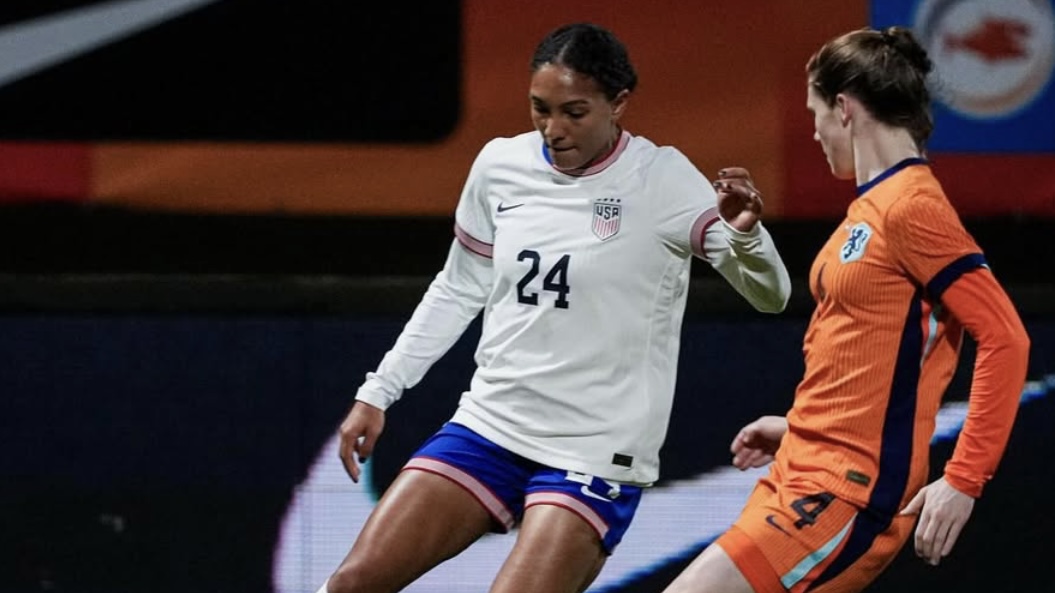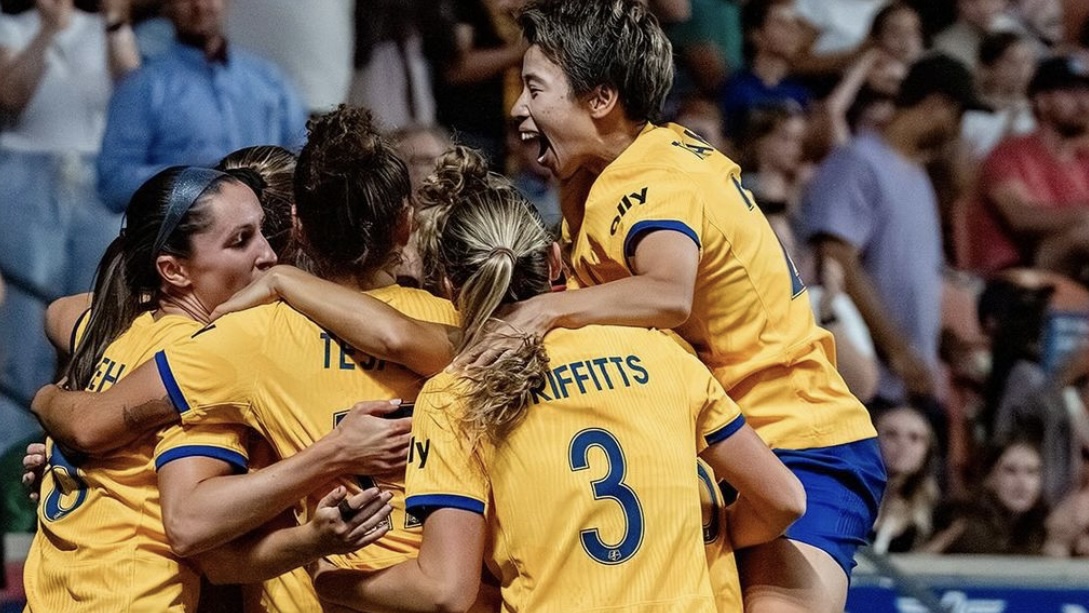What You Need to Know About the Canada Drone Spying Scandal
Women’s soccer at the Olympics this year has witnessed a lot of major moments. We had redemption moments, like the USWNT playing for gold, and heartbreaking moments, such as Ali Riley missing Paris 2024 due to injury. What no one expected was to have a scandal right when the Olympics was just starting. Canada found themselves in an unfavorable situation after they were caught using drones to spy on New Zealand. The scandal had many updates, so here is what you need to know about the Canada drone spying scandal.
How It All Started
Canada’s women’s soccer team was entering the Olympics as the defending champions, and everyone thought they were one of the favorites to win gold. The reigning gold medalists, however, found themselves in the middle of a large scandal. How did it all start? On July 22, the New Zealand Olympic Committee stated that a drone was seen flying over the women’s soccer team’s closed practice sessions. They complained to the International Olympic Committee about the situation. Police were also involved and were able to track back the drone to one of Canada’s staff members.
Evidence was found on the drone that proved that the Canadian team was spying on New Zealand’s practice. This was right before their match with New Zealand, which was scheduled for July 25. Things escalated quickly after that, as the Canadian Olympic Committee sent two staff members home. The two staff members were identified as assistant coach Jasmine Mander and Canada Soccer analyst Joseph Lombardi. Both of them were involved in the drone spying scandal with Lombardi being the one who operated the drone. Mander was the one Lombardi reported back to.
Not Canada’s First Time At Drone Spying
What made matters even worse for Canada as a whole was that this happened before. Kevin Blue, the CEO of Canada Soccer, told reporters that he received information stating that this wasn’t the first time drones were used by Canada soccer teams to spy on other teams. The information included that drone spying was a tactic used in previous competitions and not just during the current Olympics. The women’s national soccer team wasn’t the only one to be involved; the men’s national team also used drones before. It was also found that Bev Priestman, Canada’s women’s coach, wrote in internal emails, “I know there is a whole operation on the men’s side with regards to it.”
According to The Associated Press, Canada’s men’s team has also been accused of using drones to spy on opponents. In 2021, in Toronto, Canada, was going to play against Honduras in the men’s World Cup qualifiers. At the time, reports shared by Honduran media stated that Honduras stopped a training session as they prepared for their match against Canada. The reason for stopping the training session? A drone was spotted above the field where Honduras was training.
Canada’s Coach Getting Involved
Canada’s drone spying scandal didn’t stop there. After the news broke out, Canada’s coach, Bev Priestman, announced that she wouldn’t be coaching the team in their match against New Zealand. Priestman, who led the team to win gold medals at the Tokyo Olympics in 2020, made the voluntary decision to step away from the opening game. Canada then managed to beat New Zealand 2-1, with assistant coach Andy Spence leading them instead of Priestman.
With all eyes on the Canada drone spying scandal, Priestman told reporters, “By no means did I direct the individuals.” Despite her statement, FIFA’s disciplinary committee opened hearings against Priestman, Lombardi, Mander, and Canada Soccer. Canada Soccer also announced back then that it would start its own independent review into the scandal. The Canadian Olympic Committee (COC) also made sure to apologize in a statement to “New Zealand Football, to all the players affected, and to the New Zealand Olympic Committee.” COC then released another statement announcing that Priestman was suspended by Canada Soccer for the rest of the Olympics.
Serious Consequences Following the Drone Spying Scandal
The Canadian Olympic Committee confirmed that a non-accredited staff member of the Canadian women’s soccer team was detained after the drone was seen. A French court then sentenced the staff member to eight months suspended for flying the drone over the closed practice.
More decisions were then taken against Canada, but this time the decisions were made by FIFA. Following the investigation into the Canada drone spying scandal, FIFA suspended Priestman for one year from any soccer-related activity. In addition to this, Mander and Lombardi were also suspended. Along with the suspensions, the team received a 200,000 Swiss franc fine. The consequences didn’t stop at the staff at Canada Women’s Soccer. Players were also affected as FIFA deducted six points from the points they could gather during the group stage.
Trying to Make It Better
Canada didn’t stay quiet when it came to FIFA’s decision to deduct six points from the team. They moved to appeal the decision, but the Court of Arbitration for Sport dismissed the appeal. Following the verdict, FIFA released a document that included the evidence behind the verdict. Appeals judge W. Neil Eggleston said in the document that spying isn’t something new to the Canadian women’s team. He also described the Canadian team’s actions as “inexcusable and unacceptable.”
The document also stated that Priestman played a part in the Canada drone spying scandal. It was revealed that Priestman wrote in internal emails how using tactics such as spying “can be the difference between winning and losing and all top ten teams do it.” In addition to Priestman’s involvement, the FIFA document included a testimonial from Lombardi. “I was non-accredited and wanted to impress the Canadian women’s technical staff with informed/accurate analysis to elevate my role for future opportunities,” he said.
Never Losing Hope
After the points deduction, almost everyone thought that Canada’s Olympic dreams were over—except for the women’s soccer players. They had already won their match against New Zealand, but after the deduction, they lost three points. However, the Canada women’s soccer team managed to win its two remaining matches in the group stage.
With only three points, Canada qualified for the quarterfinals as they finished second in their group. Despite the scandal reaching deep within Canada Soccer, the players said they didn’t know about any cheating taking place. An emotional Vanessa Gilles defended the players and the Canadian team after winning against Colombia. “We’re not cheaters. We’re damn good players,” Gilles told reporters. Despite the players doing their best in very unfortunate circumstances, they lost in the quarterfinals against Germany.
Former Players Offering Support
With all the accusations facing Canada at the moment, some didn’t believe that the players knew about the spying. Former Canada’s women soccer players came forward to defend the current players and encourage them. Diana Matheson shared through X, “Take 6 points away from us? Fine, let’s go get 9.” This is exactly what Canada’s women soccer players did.
Former Canada captain Christine Sinclair also defended the players in a statement shared on her Instagram account. “I want to be clear that having been a national team player for 23 years, we were never shown or discussed drone footage in team or individual meetings I’ve been present for.” Sinclair also described the actions taken by staff members as “actions players have no control over.”
The Waves of Criticism
Now that Canada is no longer competing in the Paris Olympics, everyone would be looking at what’s next. While the players stated that they didn’t know about the spying, this doesn’t cancel the possibility that the instructions they received from their coaches were influenced by the footage they obtained. This is considered a huge advantage and the players benefited from it even if they didn’t know about the spying. In these situations, it becomes clear that the ugly truth is that players pay the price for the mistakes of the coaching staff.
Canada’s women’s soccer players fought hard to prove themselves as they faced huge waves of criticism. Despite the circumstances, they had a good run in the Olympics. This good run, however, didn’t stop the criticism. Now, everything Canada achieved in previous years is under question. They even became the joke of the tournament as people kept leaving “drones” comments on their posts.
What’s Next After the Canada Drone Spying Scandal
It might take a long time before the Canadian women’s soccer team can put the drone spying scandal behind them. While women’s soccer fans might not easily forget everything that happened, the players will do their best to keep proving themselves. The question is whether FIFA would open a larger investigation to see if other national teams depend on spying as well. After all, Priestman’s emails included her saying that “all top 10 teams” use spying tactics.
No matter what happens next, Canada’s women’s soccer players pay the price; this is something that they will always remember. The only positive side to the entire scandal is that the players now know they can overcome challenges, whether current or future ones. This might motivate them to do their best in future competitions to change the negative narrative that was forced upon them.
_
GIRLS SOCCER NETWORK: YOUR SOURCE FOR GIRLS SOCCER NEWS




